Healthy from the inside: The importance of vitamin D3 and K2 for greyhounds
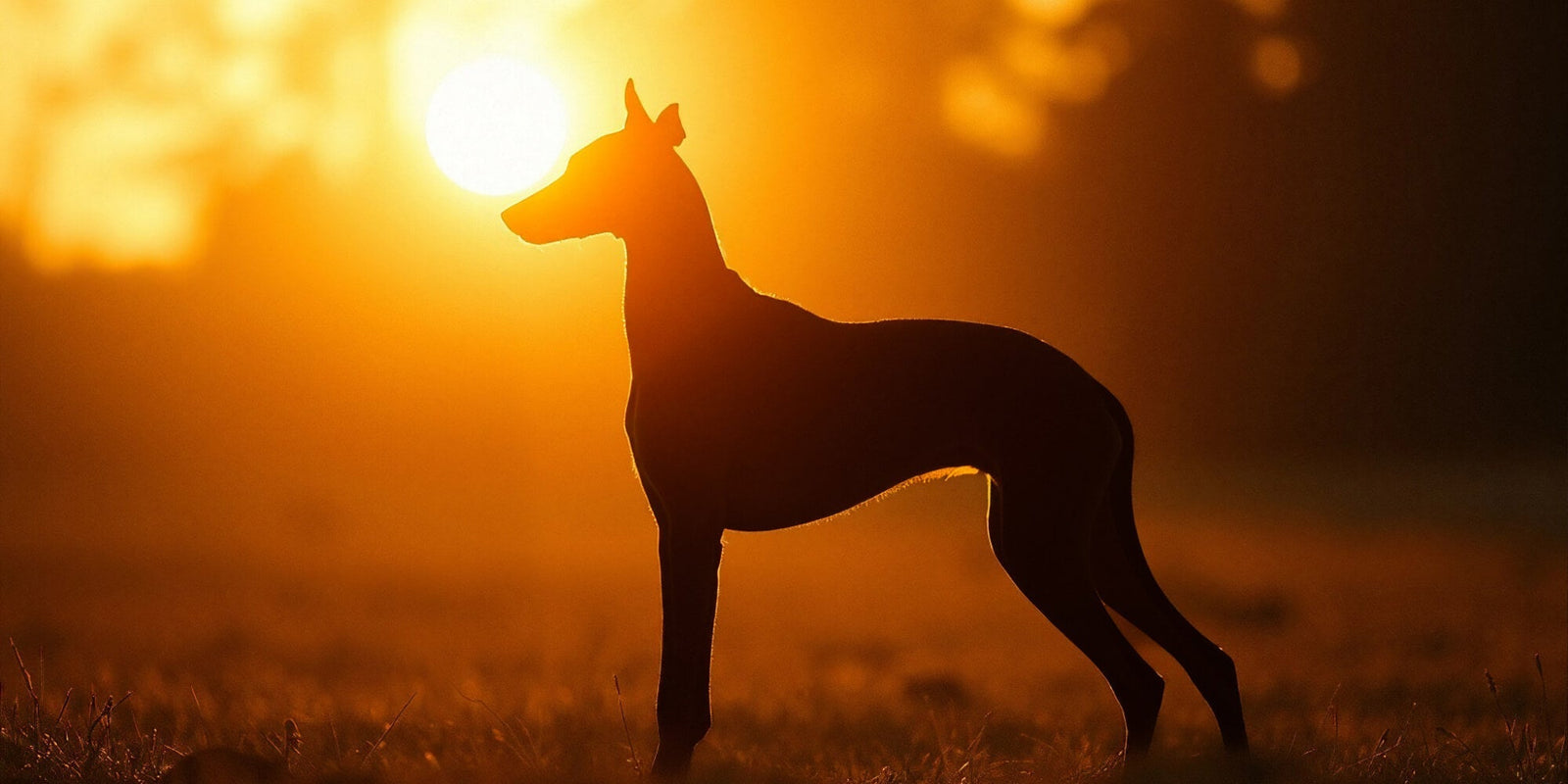
Greyhounds are true athletes – lean, elegant, and incredibly fast. But their unique physiology also brings with it special needs, especially when it comes to nutrients. This is where vitamins D3 and K2 come into play, playing a crucial role in your greyhound's bone health, muscle function, and immune system. While vitamin D3 regulates calcium absorption, vitamin K2 ensures that the calcium ends up where it belongs – in the bones and not in the arteries. But how much does your greyhound really need? Which food sources are suitable? And can supplementation be beneficial? Find out everything you need to know now!
Note: This article is based on experience and is for informational purposes only. It does not constitute veterinary advice or a medical recommendation. Each greyhound's needs are unique—if in doubt, always consult a veterinarian regarding care and dosage.
What is vitamin D3?
Vitamin D3, also known as cholecalciferol , is a fat-soluble vitamin that plays a central role in the body. It is particularly important for calcium and phosphorus metabolism and contributes to the stability of bones and teeth.
It's often called the sunshine vitamin because many living creatures produce it in their skin through exposure to sunlight. However, in greyhounds—and dogs in general—this mechanism doesn't function sufficiently. This means they must obtain vitamin D3 from their diet.
In addition to bone health, vitamin D3 also supports muscle function, the immune system, and numerous metabolic processes . A balanced vitamin D3 level is therefore essential for your greyhound's vitality.
What is vitamin K2?
Vitamin K2, also called menaquinone , is a fat-soluble vitamin that plays an important role in calcium metabolism . It ensures that calcium is transported to where it's needed—primarily to the bones and teeth —while preventing plaque buildup in the arteries.
In contrast to vitamin K1, which is primarily responsible for blood clotting , K2 specifically affects mineral utilization in the body. It is partially synthesized by intestinal bacteria but must also be ingested through food.
Synergy between vitamin D3 and K2
Vitamins D3 and K2 work hand in hand when it comes to calcium utilization in your greyhound's body. Vitamin D3 increases the absorption of calcium from food, while vitamin K2 ensures that it is stored specifically in the bones and teeth.
Without K2, calcium could instead be deposited in the blood vessels or organs , which would be harmful in the long term. Only in combination do both vitamins unfold their full effect and ensure strong bones and a healthy cardiovascular system .
Requirements and dosage for greyhounds
Your greyhound's exact vitamin D3 and K2 needs depend on factors such as age, activity level, and diet. While vitamin D3 ensures calcium absorption , K2 supports its proper distribution throughout the body .
Since dogs don't produce vitamin D3 themselves from sunlight, it must be supplied through food or supplements. We personally give our greyhound 1,000 IU of vitamin D3 mixed with K2 per 7 kg of body weight —this is not veterinary advice , but based on our own experience.
There is no set dosage for vitamin K2, but it should be supplemented in proportion to D3 . To ensure optimal intake , we recommend consulting your veterinarian or obtaining individual advice.
Sources of vitamin D3 and K2
To ensure your greyhound is optimally supplied with vitamin D3 and K2, a targeted selection of natural and supplementary sources is important.
Natural sources of vitamin D3
Since greyhounds cannot synthesize vitamin D3 from sunlight, it must be obtained through their diet. Particularly rich in vitamin D3 are:
- Fish oil (e.g. salmon oil or cod liver oil) - mostly farmed fish of poor quality, better would be
- Organic algae oil
- Liver (especially organic grass-fed beef)
- Egg yolk (organic)
- Fatty sea fish (e.g. wild salmon)
Ideally, you should always make sure you source food of the highest quality. Organic doesn't always mean good, but it can give you a guideline. Only healthy animals and plants can keep your dog's body healthy.
Natural sources of vitamin K2
Vitamin K2 is mainly found in animal and fermented foods:
- Offal (liver, kidneys)
- eggs
- Fermented foods (e.g. natto, cheese)
- Meat from pasture-fed animals
Supplementary feed
If your natural diet isn't sufficient, you can rely on high-quality vitamin D3 and K2 supplements . The carrier element for both vitamins D3 and K2 should always be oil, otherwise they have virtually no effect in the body. We use supplements with a dropper in coconut oil. Make sure the products are free of unnecessary additives and offer a balanced ratio of both vitamins.

Deficiency symptoms and overdose
Incorrect dosage of vitamin D3 and K2 can cause both deficiency symptoms and health problems due to overdose .
Vitamin D3 deficiency
Low vitamin D3 levels mean your greyhound can't absorb calcium properly . This can lead to:
- Bone softening (rickets) in young greyhounds,
- Bone weakness and osteoporosis in older dogs,
- Muscle weakness and cramps ,
- weakened immune system (probably the most common deficiency symptom).
Vitamin K2 deficiency
Without sufficient vitamin K2, the calcium absorbed is not properly stored in the bones. Possible consequences include:
- Increased tendency to bleed , since K2 is also important for blood clotting,
- bone loss,
- Calcium deposits in the arteries that put a strain on the cardiovascular system.
Overdose of vitamin D3 and K2
Too much vitamin D3 can cause a dangerous calcium overload in the body. Possible signs include:
- Calcifications in organs and vessels,
- kidney failure,
- Loss of appetite, vomiting and diarrhea.
Vitamin K2 has a wide safety margin, and overdose is rare. However, a balanced dosage should be observed to ensure optimal interaction with vitamin D3. Please note that these signs could also indicate many other causes. It is relatively difficult to overdose on vitamins, but this should be discussed with a veterinarian to be on the safe side.
Tip for greyhound owners
To ensure your greyhound is optimally supplied with vitamin D3 and K2, you should ensure a balanced diet and the correct dosage.
Prefer natural feeding
Focus on a high-quality, varied diet with natural sources of vitamin D3 and K2:
- Algae oil, beef liver and egg yolk for vitamin D3
- Offal, eggs and fermented foods for vitamin K2
Use supplements specifically
If your greyhound can't meet its nutritional needs through food alone, high-quality supplements may be helpful. Pay attention to:
- Purity and quality without unnecessary additives
- A balanced ratio of D3 to K2
Regular checks and adjustments
Since every greyhound has individual needs, you should:
- pay attention to possible deficiency symptoms or overdose,
- adjust the dosage according to age, weight and activity,
- If necessary, seek veterinary advice.
A well-thought-out nutrient supply contributes significantly to the health, mobility and quality of life of your greyhound!
Conclusion
The combination of vitamins D3 and K2 is essential for your greyhound's health and vitality . While D3 regulates calcium absorption , K2 ensures that it gets to where it's needed—the bones and teeth. Together, they promote a stable skeletal structure, strong muscles, and a healthy cardiovascular system .
But their effect goes even further: A holistic, homeopathic approach with a natural and balanced supply supports the immune system , strengthens the body's defenses and lays the foundation for long-term health .
Through a clever combination of species-appropriate nutrition, high-quality supplements, and regular monitoring, you can create the optimal balance for your greyhound – for a long, healthy, and happy life by your side!

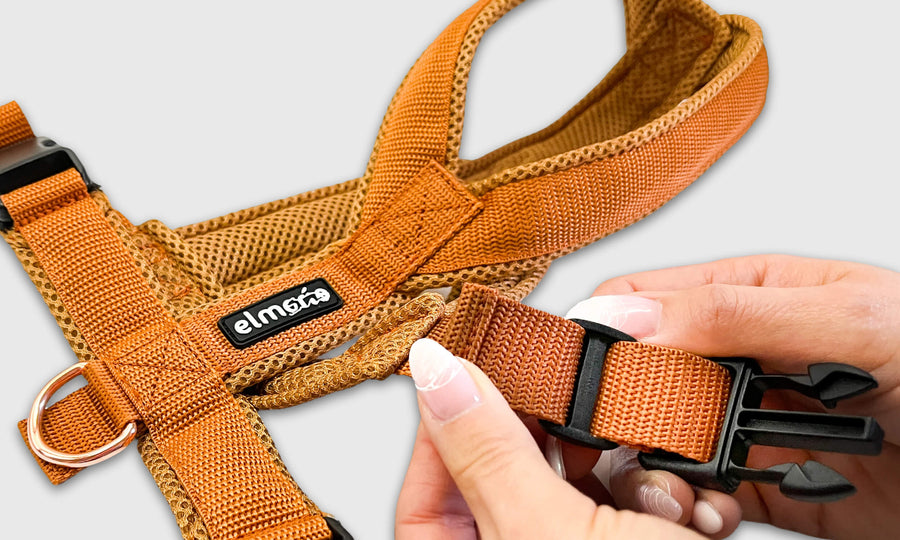
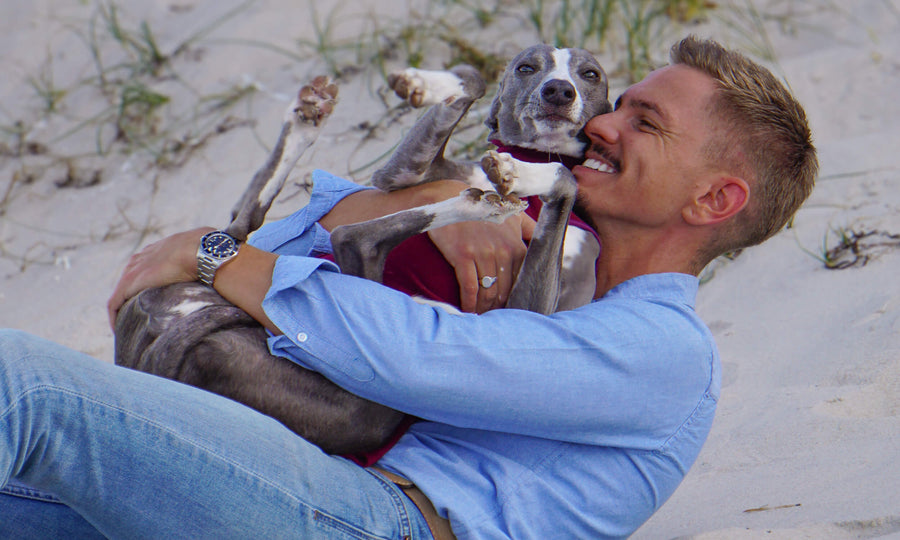





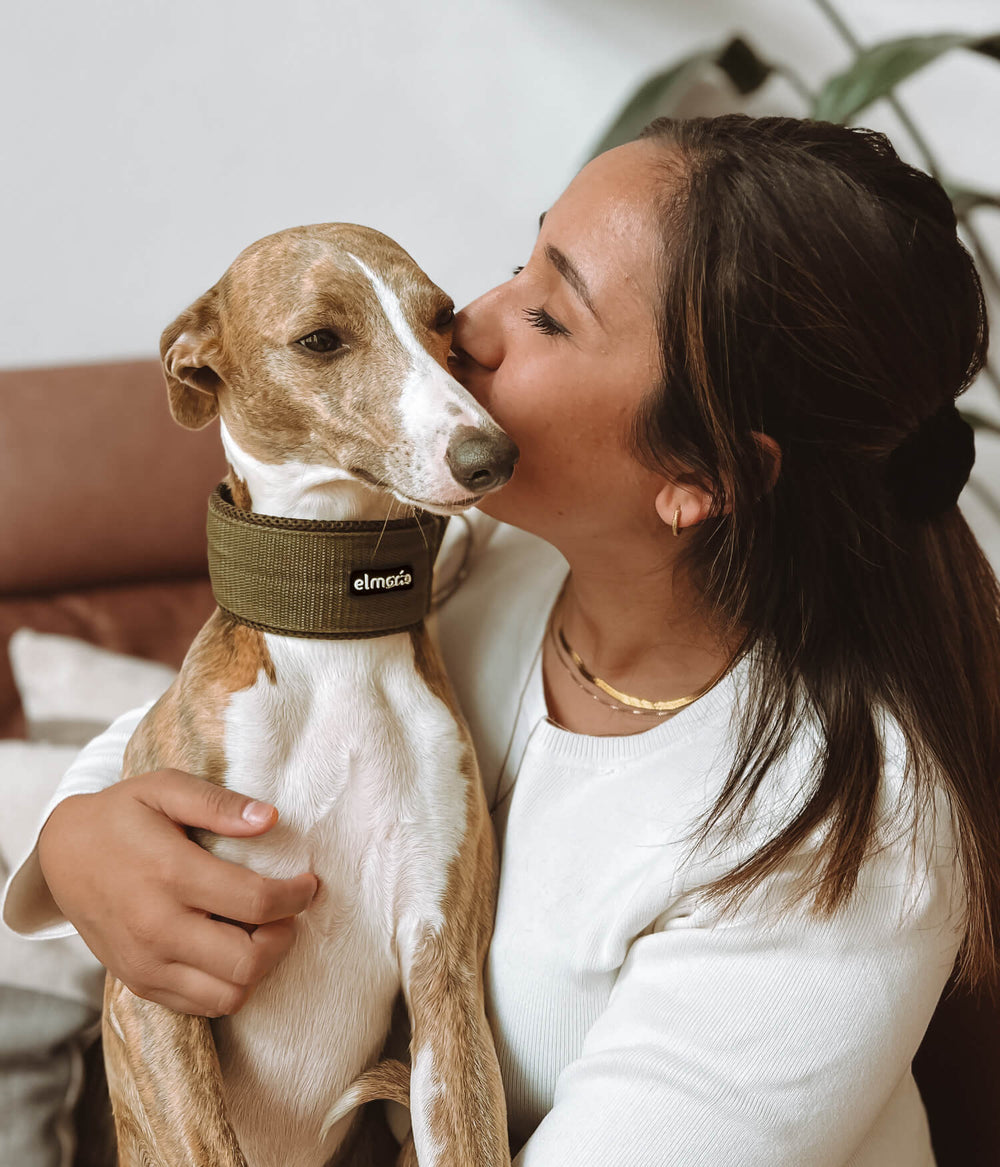
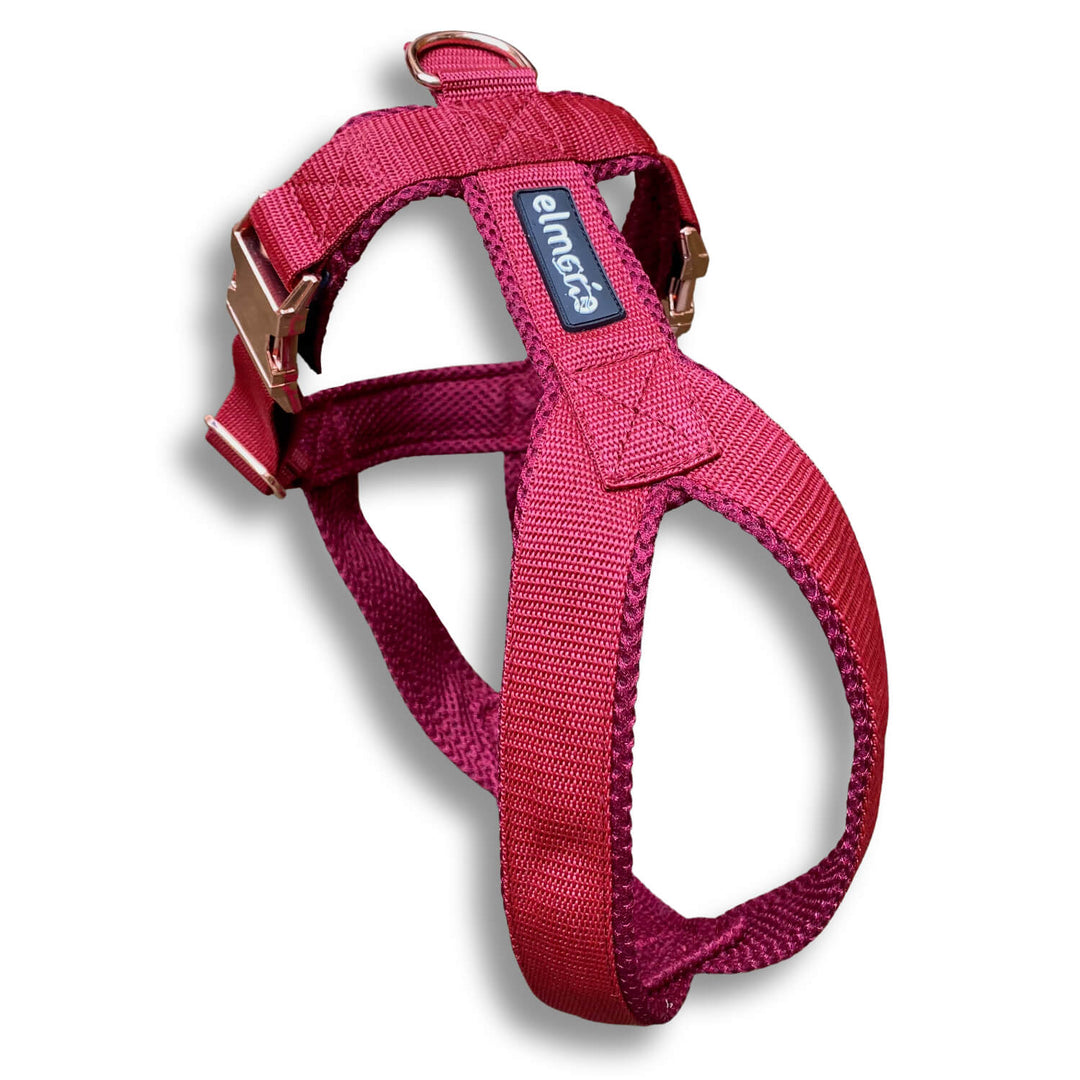
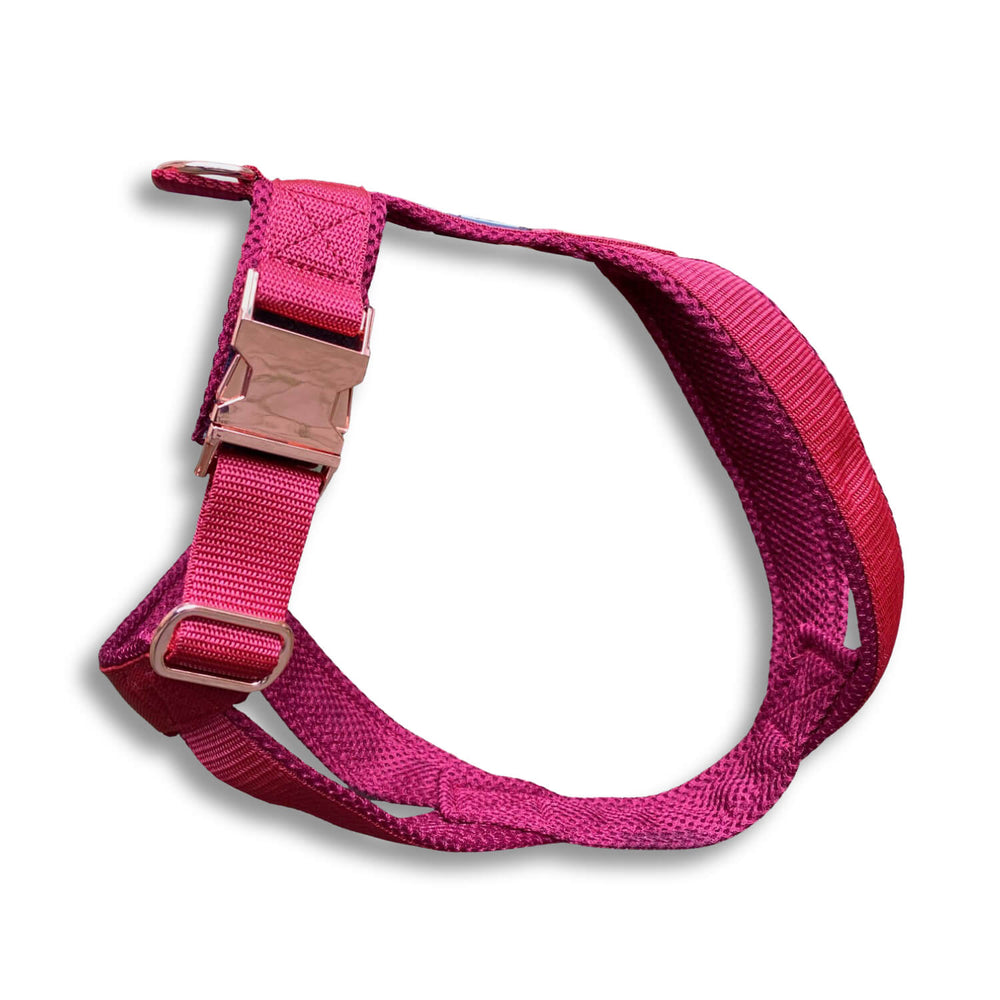
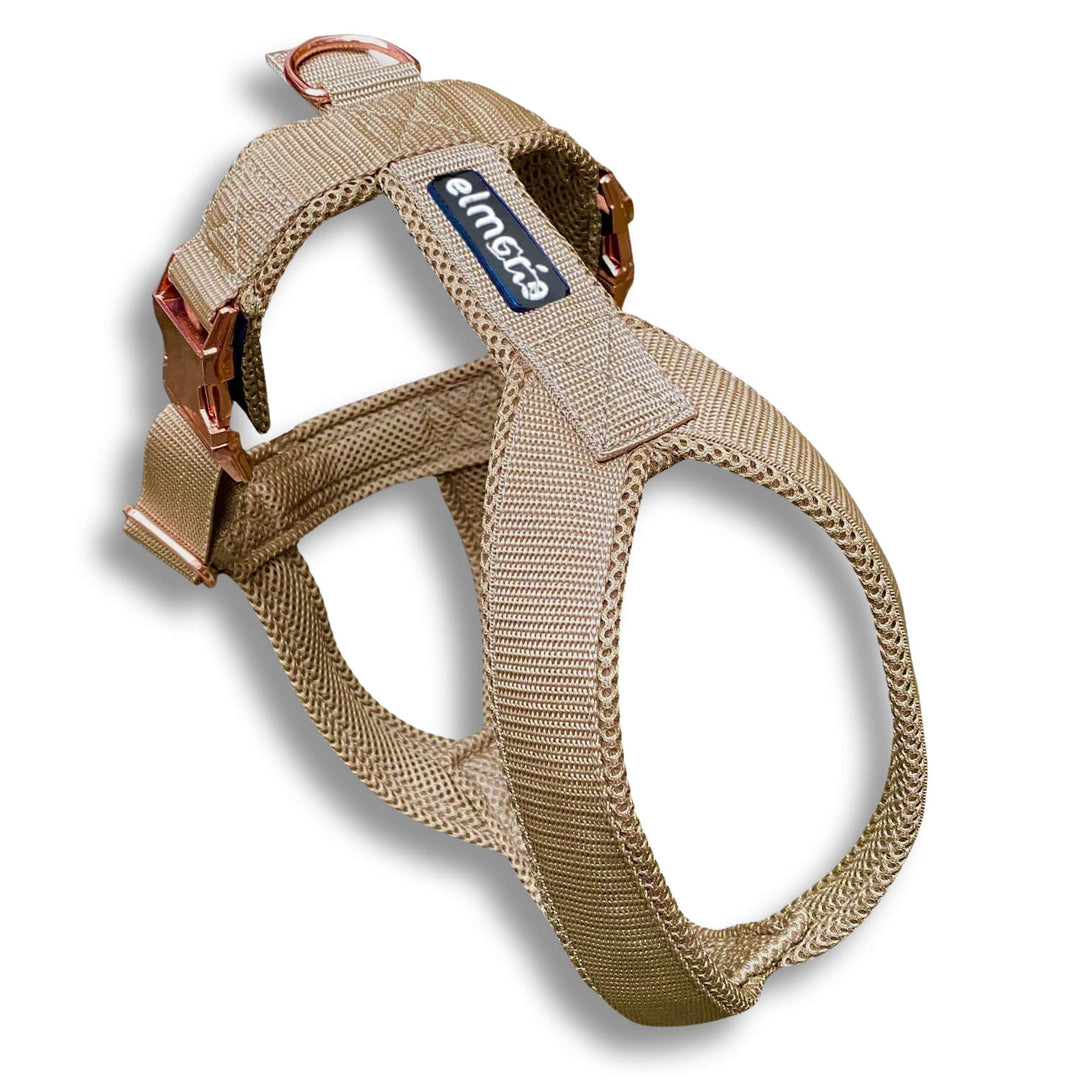
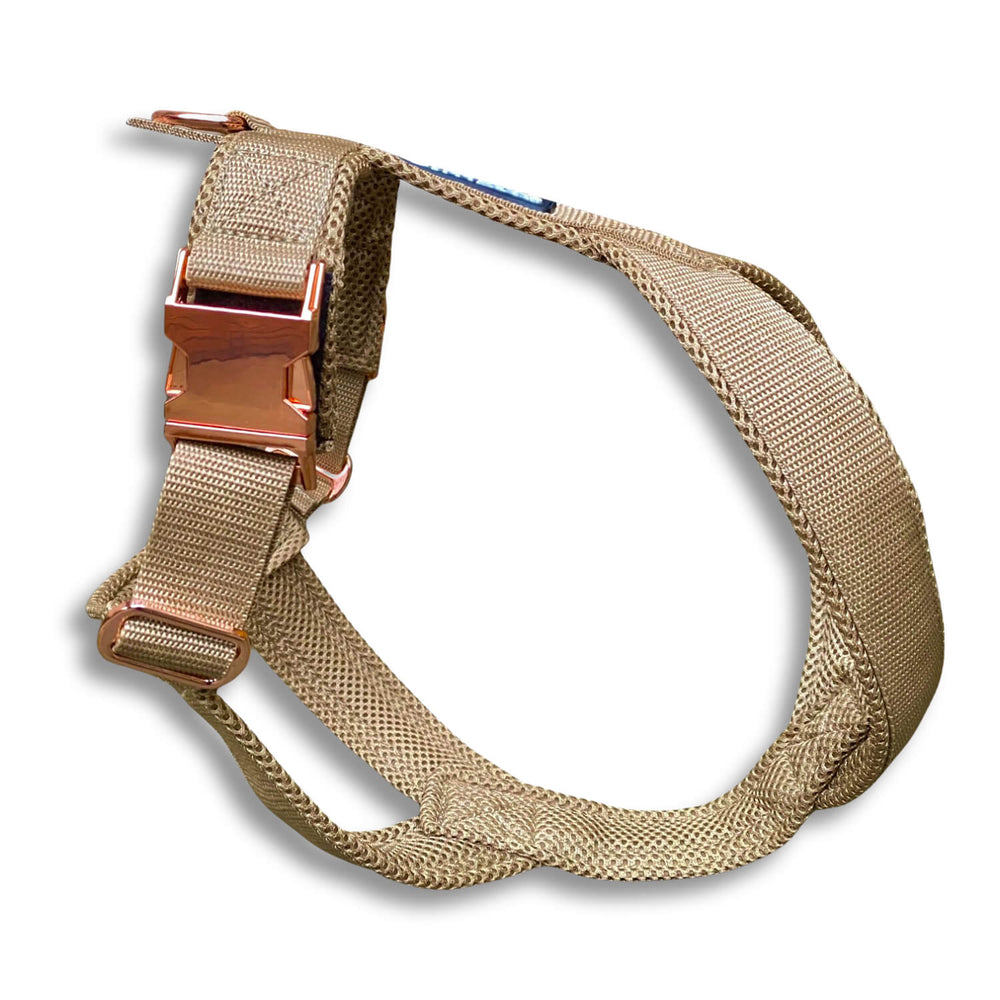
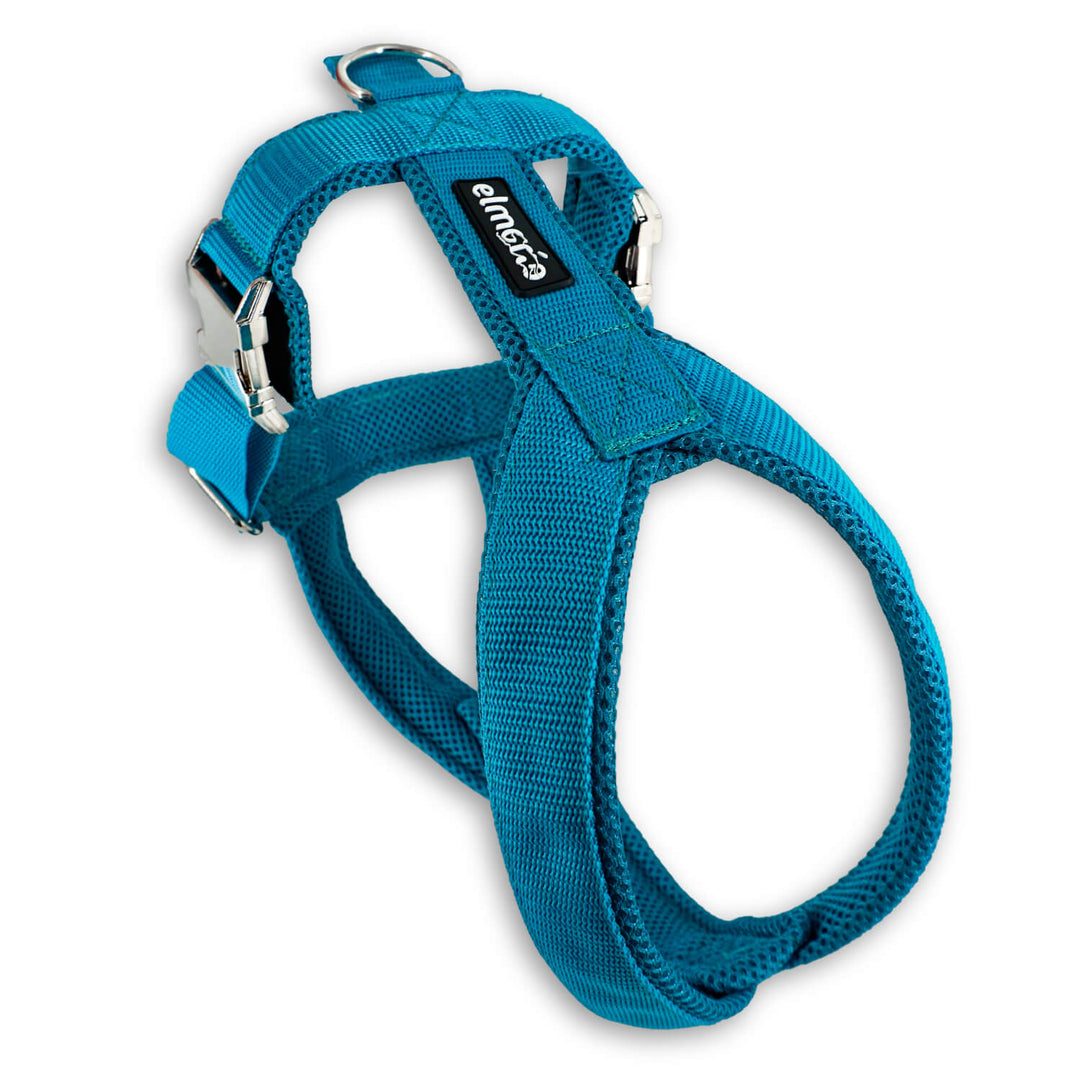
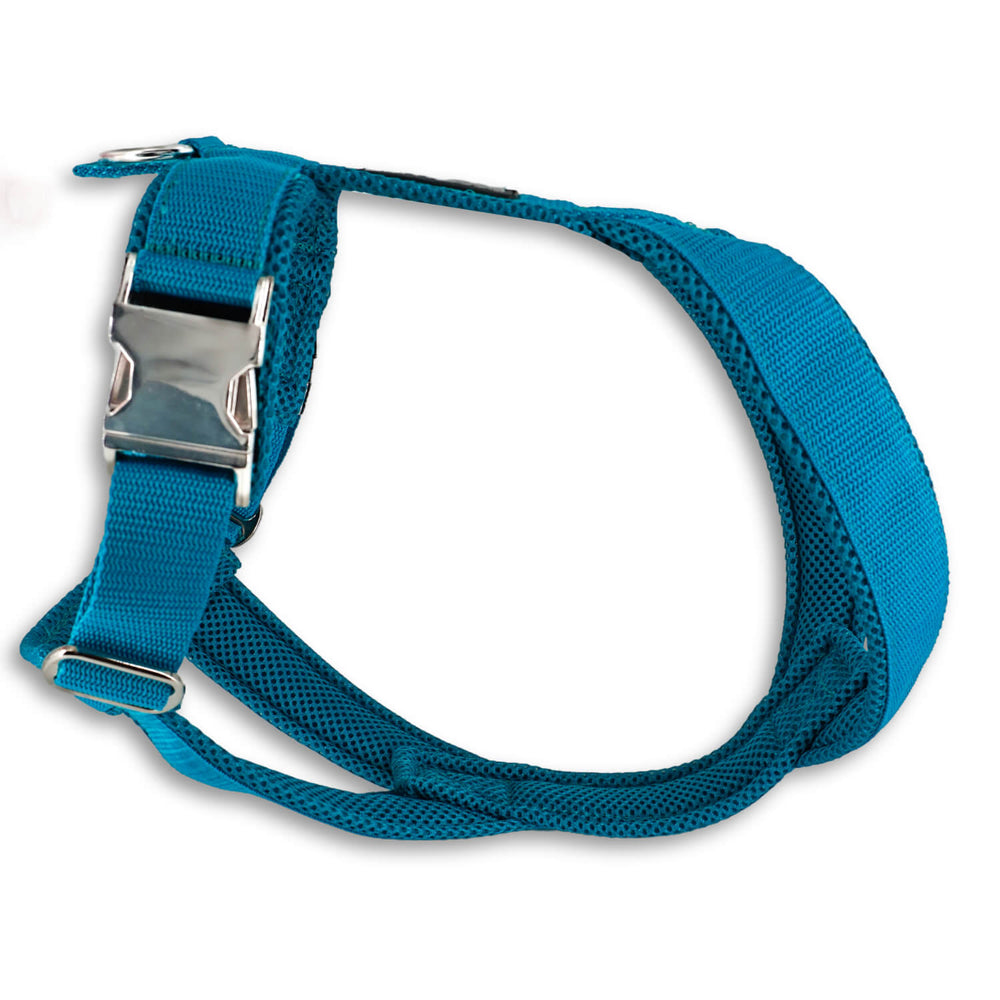
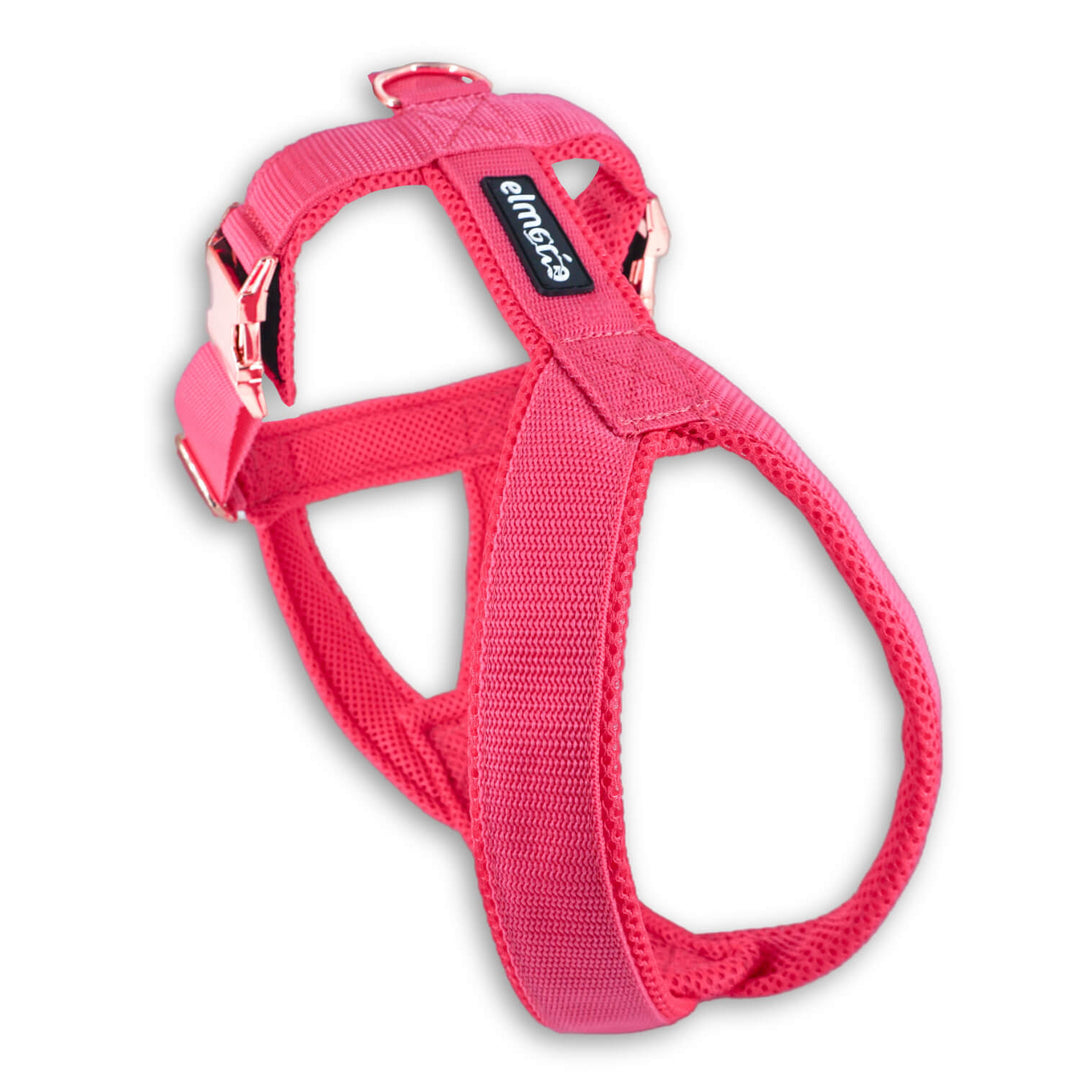
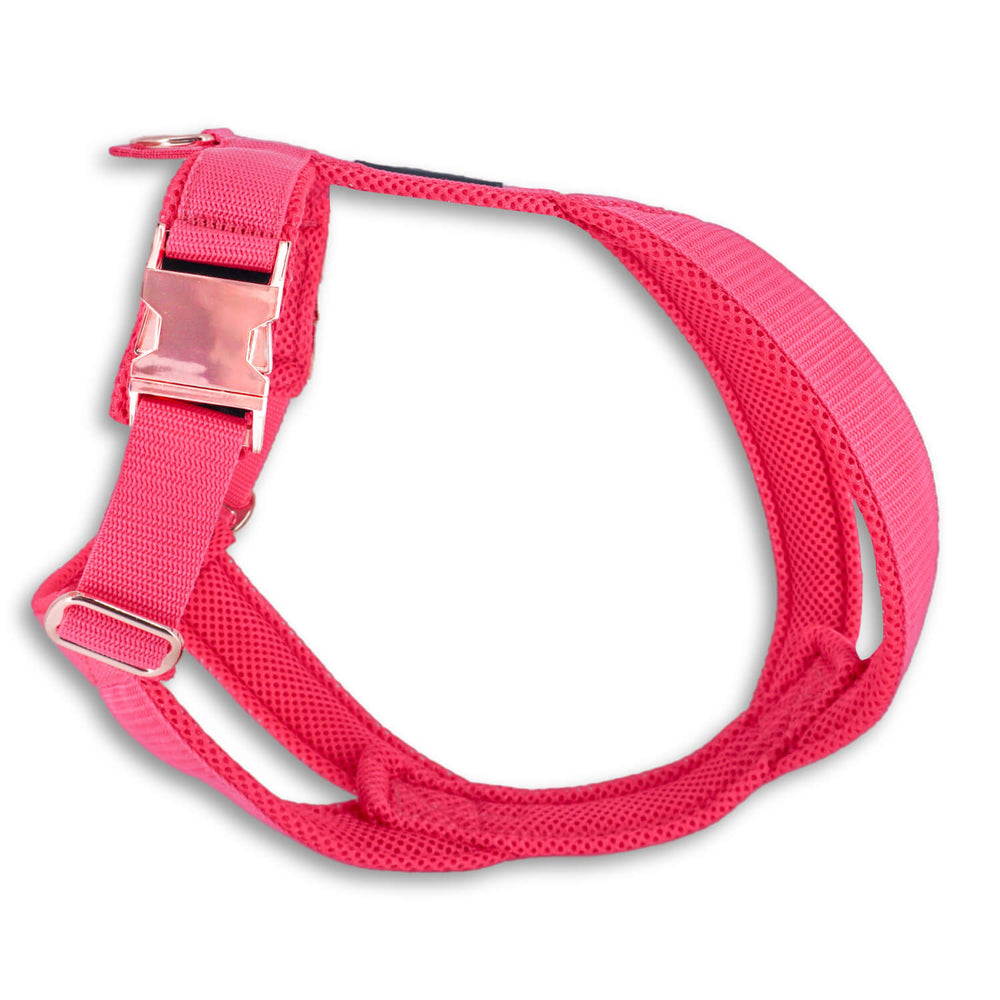
Hallo,mich würde interessieren ob man dieses Vitamin D3 auch kleinere Rassen wie Bolonkas Zwetna geben kann .???
Leave a comment